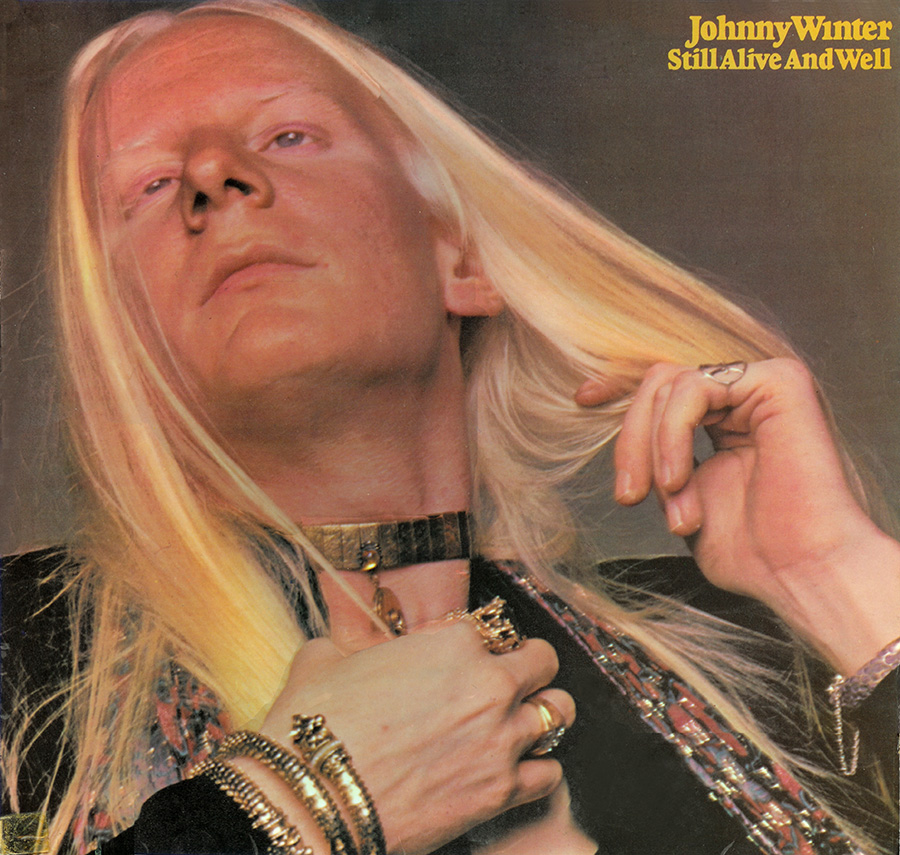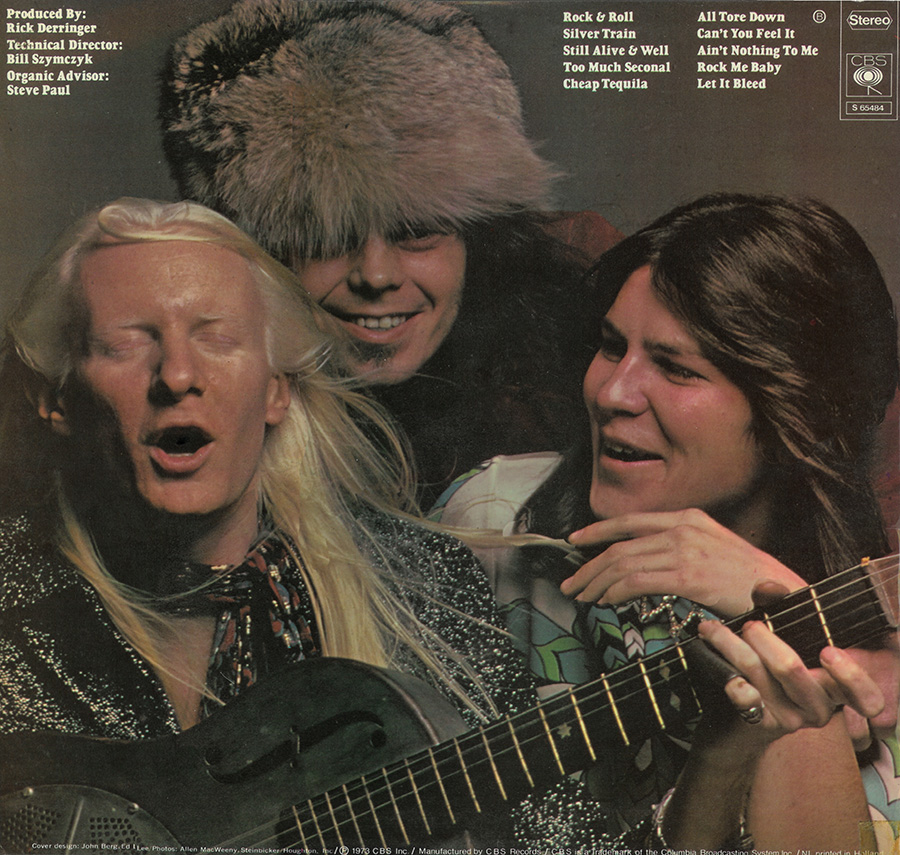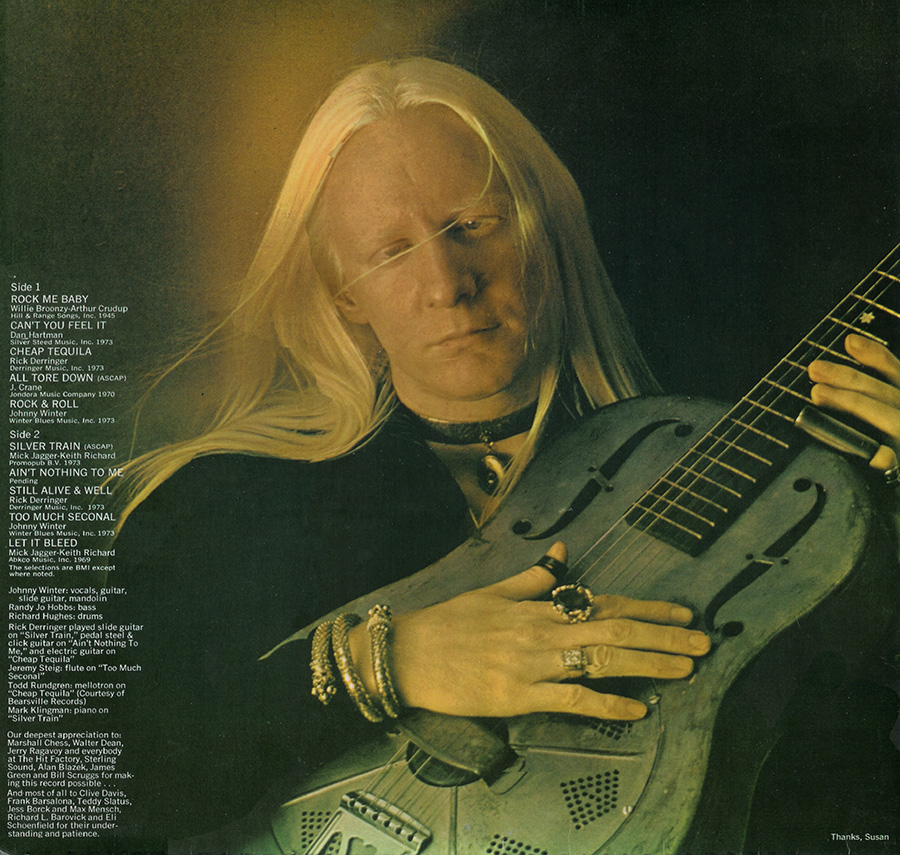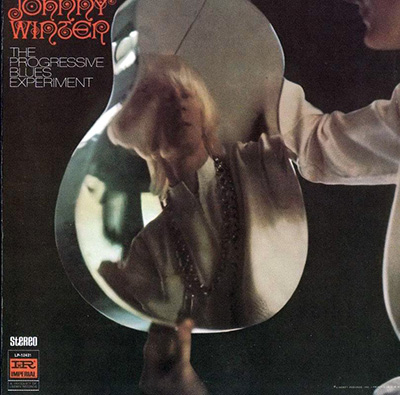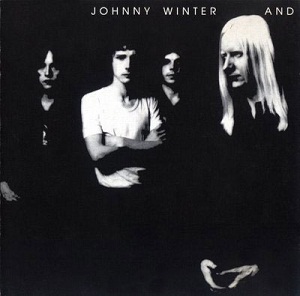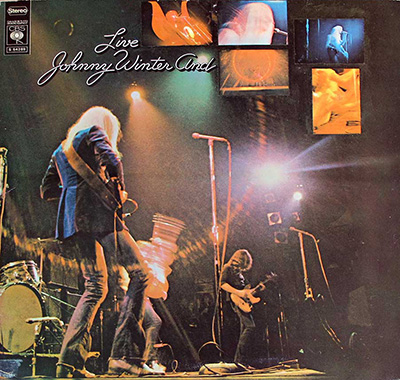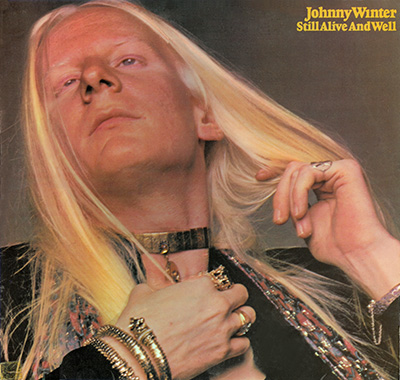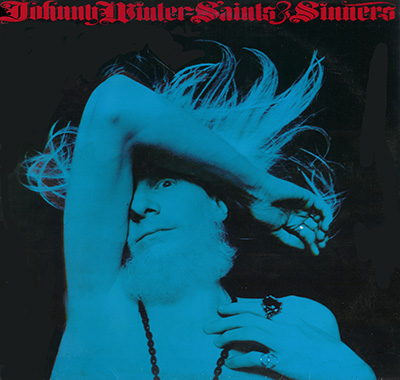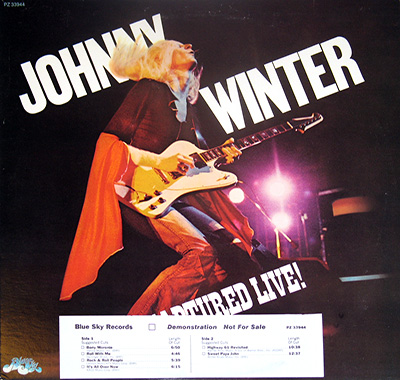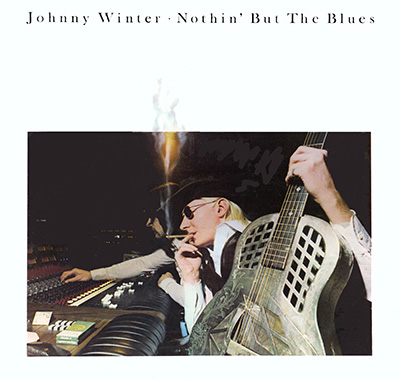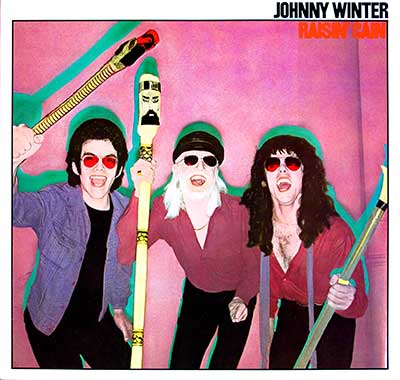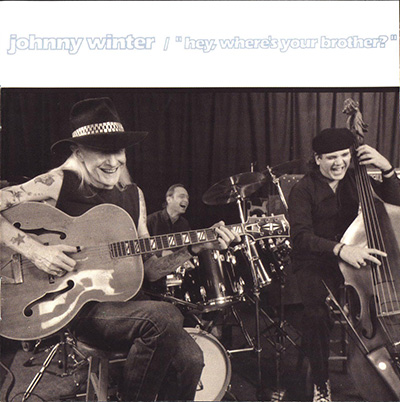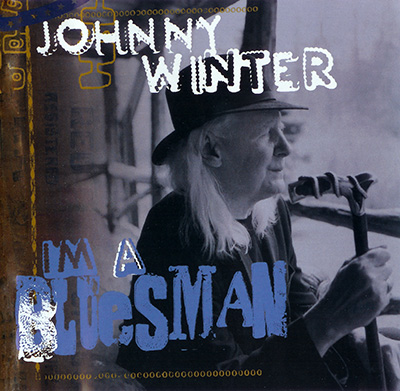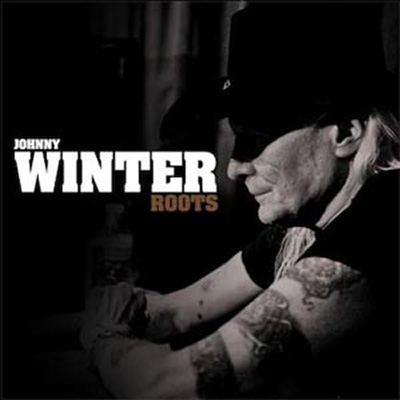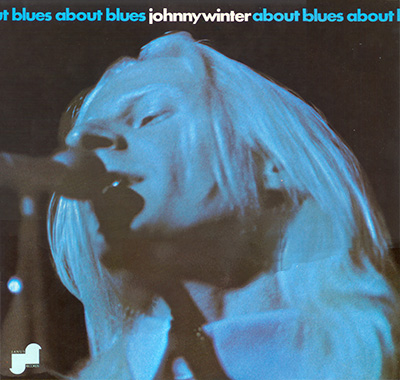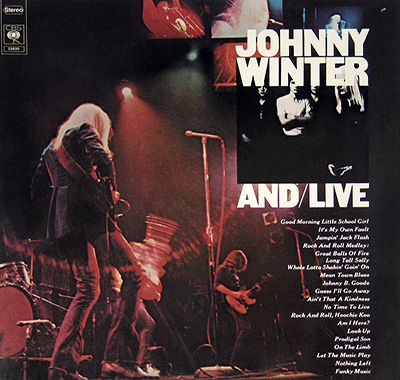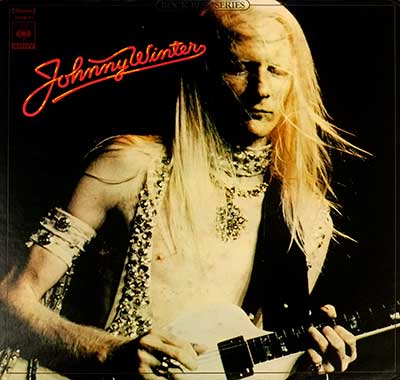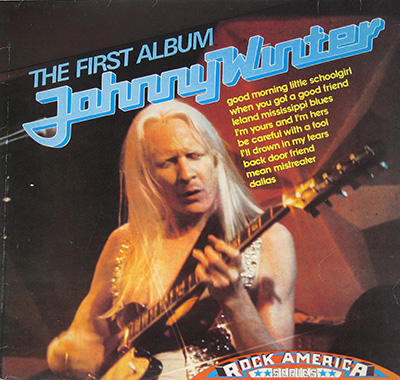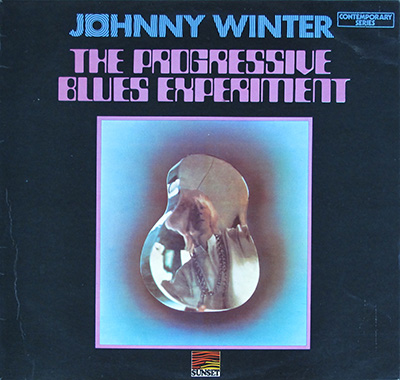Rick Derringer – slide guitar on "Silver Train", pedal steel guitar and click guitar on "Ain't Nothing to Me", electric guitar on "Cheap Tequila"
Jeremy Steig was a renowned American jazz flutist and composer, born on 23 September 1942, in New York City, USA. He was born into a family deeply rooted in music; his father, William Steig, was a celebrated cartoonist and illustrator, while his mother, Elizabeth Steig, was a talented pianist. Growing up in such a creative environment, Jeremy's passion for music was nurtured from an early age.
more...
Steig started playing the piano at a young age but later switched to the flute, which became his primary instrument. He attended the High School of Music & Art in New York City, where he honed his skills and developed a deep love for jazz. After high school, he continued his musical journey, studying at the Manhattan School of Music and the Juilliard School of Music.
In the mid-1960s, Jeremy Steig began his professional career, playing with various jazz groups and exploring avant-garde and free jazz styles. He quickly gained recognition for his innovative approach to the flute and his ability to blend various influences, including classical, jazz, and world music, into his playing.
In 1969, Steig released his debut album, "Flute Fever", which showcased his distinctive style and established him as one of the most prominent jazz flutists of his time. The album received critical acclaim and helped him build a loyal fan base.
During the 1970s, Jeremy Steig collaborated with a wide range of musicians, including Eddie Gomez, Don Alias, and Jan Hammer, among others. His versatility and willingness to experiment with different genres made him a sought-after artist in the jazz community.
One of the significant collaborations in Jeremy Steig's career was with the blues-rock legend Johnny Winter. Steig played flute on Johnny Winter's albums "Still Alive and Well" (1973) and "Saints & Sinners" (1974). His flute added a unique and unexpected element to Winter's bluesy rock sound, creating an exciting and memorable fusion.
Throughout his career, Jeremy Steig released numerous solo albums and contributed to various projects as a guest musician. Some of his notable works include "Fusion" (1972), "Wayfaring Stranger" (1980), and "Monium" (1996).
Jeremy Steig's dedication to music and his willingness to push boundaries continued to inspire fellow musicians and flute players around the world. He left a lasting impact on the jazz community and beyond with his innovative and soulful approach to the flute. Tragically, Jeremy Steig passed away on w April 2016, but his musical legacy remains alive through his recordings and the influence he had on generations of musicians
Mark Klingman, an accomplished piano and keyboards player, was born on 7 September 1950, in Great Neck, New York. From an early age, he displayed a profound passion for music, particularly drawn to the captivating sounds of the piano. At just six years old, he started taking formal piano lessons, quickly showcasing an innate talent for the instrument.
Education and Career Development:
As he honed his musical abilities, Mark pursued formal education in music, attending the prestigious Juilliard School in New York City. Under the tutelage of esteemed instructors, he deepened his understanding of music theory, composition, and performance, all of which contributed to shaping his unique playing style.
During the late 1960s and early 1970s, Mark Klingman emerged onto the music scene in New York City. He became actively involved in the burgeoning rock and pop music movement, collaborating with various bands and artists. His proficiency on the piano and keyboards quickly made him a sought-after musician in the local music circuit.
Songwriting and Collaborations:
While Mark's skill as a pianist was undeniable, it was his gift for songwriting that truly set him apart. His ability to craft engaging melodies and poignant lyrics garnered attention from fellow musicians and industry insiders. One of his early notable collaborations was with the band The Wind in the Willows, where he co-wrote several songs, including the hit "Moments Spent".
In the early 1970s, Klingman's career took a significant leap when he teamed up with the legendary musician and performer Bette Midler. He co-wrote several songs for her, including the popular track "You're Moving Out Today". This collaboration with Midler not only solidified his reputation as a talented songwriter but also opened doors to more opportunities in the music industry.
Utopia and Todd Rundgren:
Mark Klingman's path crossed with the influential musician Todd Rundgren, and they formed the band Utopia in 1974. Klingman's contributions as a keyboardist and songwriter were pivotal to the band's success. Utopia's sound was a fusion of rock, progressive, and experimental music, and they released a string of critically acclaimed albums, earning a dedicated fan base.
Klingman's association with Todd Rundgren extended beyond Utopia, as he collaborated on various solo projects by Rundgren as well. Their musical synergy was evident in the albums they created together.
Later Career and Legacy:
As the years passed, Mark Klingman continued to explore various musical genres and collaborated with numerous artists, earning respect as a versatile and accomplished pianist and songwriter. He embraced opportunities to work on film and television soundtracks, further showcasing his musical versatility.
Klingman's legacy endures not only through his contributions to Utopia and his collaborations with renowned artists but also through his impact on the broader music landscape. His talent and creativity continue to inspire aspiring musicians and fans alike.
Personal Life and Passing:
Mark Klingman's life was tragically cut short when he lost his battle with cancer on 15 May 2011. His passing was mourned by the music community, and tributes poured in from fellow musicians who recognized the immense contributions he made to the world of music.

